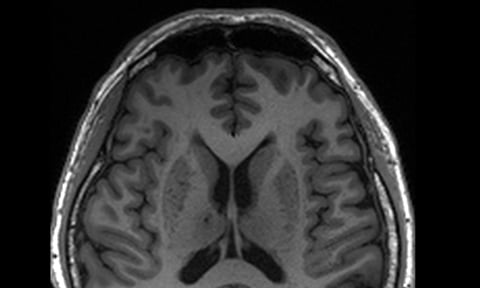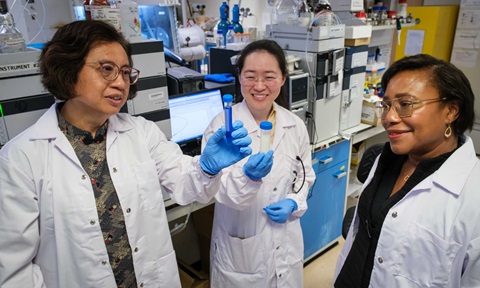Oral insulin nanoparticles that could one day be an alternative to injections
Scientists at NTU Singapore have developed insulin nanoparticles that may one day become the basis for an oral medicine, and an alternative to insulin injections for diabetic patients.Delivering insulin orally would be preferable over insulin jabs for patients because it causes less pain than jabs, and could thus lead to improved patient compliance. But oral dosage remains a challenge. As insulin is a protein, it gets broken down in the gastrointestinal tract before it can even reach the bloodstream to regulate blood glucose.
When the insulin nanoparticle enters an acidic environment of the stomach, its layers start to repel each other, resulting in the slow release of insulin from the outermost layer, and leading inwards. While it loses some insulin as it travels down the gastrointestinal tract, the nanoparticle has enough coatings that by the time it is transported through the intestinal wall and into the bloodstream, the insulin in the remaining layers and at the liposome core is still intact.
In a pre-clinical study, the NTU Singapore team fed insulin-containing nanoparticles to rats and found that insulin increased in their blood minutes later.
The team is now in talks with a pharmaceutical company to improve the function of the insulin nanoparticle.







